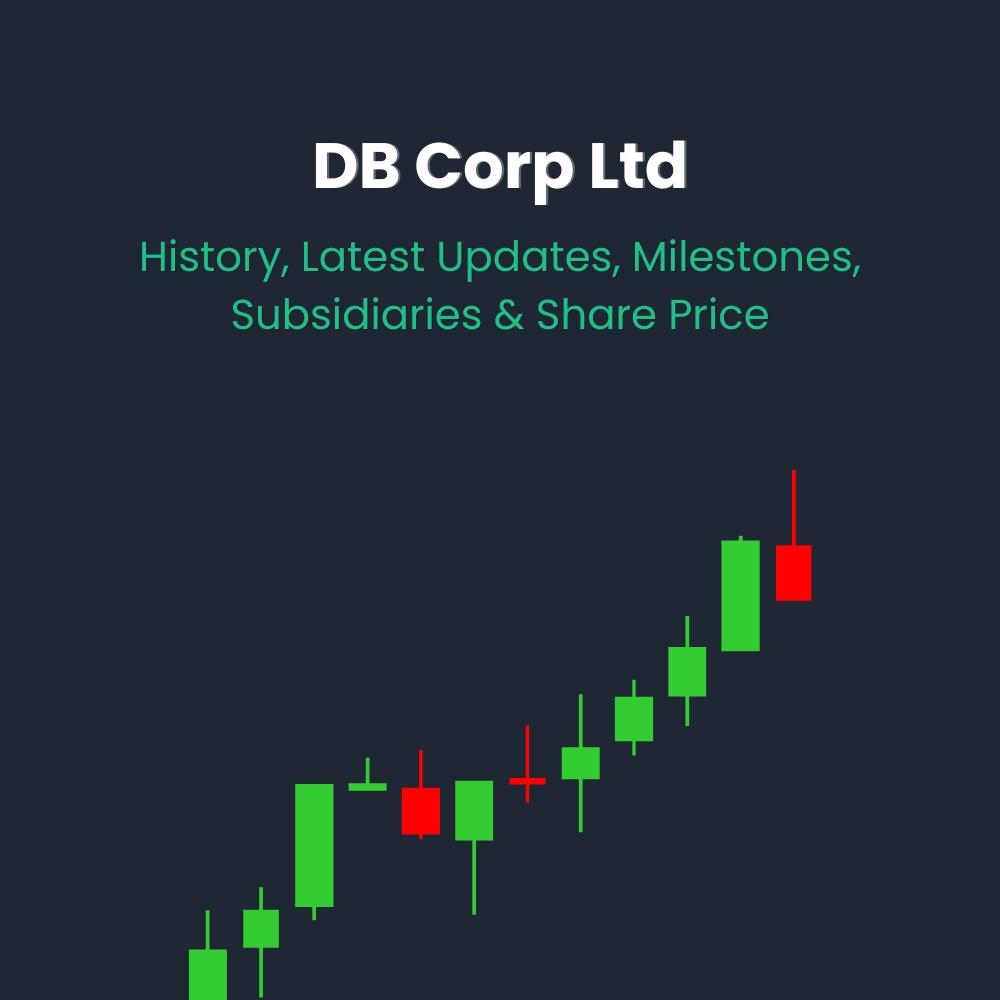Understanding Block Deals vs. Bulk Deals in the Indian Stock Market
Introduction
Block deals and bulk deals are significant transaction types in the Indian stock market, both involving the trading of large quantities of shares. Despite their similarities in volume, they differ in execution, disclosure, and market impact. Understanding these differences is crucial for investors, analysts, and market participants.
Block Deals
Block deals in the Indian stock market are large-scale transactions involving the purchase or sale of substantial quantities of shares, typically 5 lakh shares or more, or a transaction value exceeding Rs. 5 crore. These deals are conducted through a special window provided by stock exchanges, outside regular trading hours, to minimize market impact and maintain price stability.
Block deals must be reported to the stock exchanges within a specified timeframe, ensuring transparency and regulatory compliance. These deals are beneficial for large investors looking to either enter or exit substantial positions efficiently. However, the requirement for pre-arranged transactions limits the flexibility compared to regular market trades.
Overall, block deals are a crucial mechanism in the Indian stock market, facilitating the transfer of large equity holdings with minimal market disruption, thus playing a significant role in maintaining market stability and providing a structured platform for large-scale transactions.
Key Characteristics:
-
Large volume of shares
-
Executed outside regular market hours
-
Requires pre-arrangement between buyer and seller
-
Provides a degree of anonymity
Bulk Deals
Bulk deals in the Indian stock market refer to large transactions involving the purchase or sale of a substantial number of shares, typically exceeding 0.5% of a company's total shares. These transactions occur during regular trading hours and are visible to all market participants. Unlike block deals, bulk deals do not require pre-arrangement between the buyer and the seller.
The transparency of bulk deals means that they can significantly impact stock prices. When a large quantity of shares is bought or sold in a bulk deal, it can cause immediate fluctuations in the stock's market price due to the sudden change in supply and demand. Consequently, such deals attract attention from investors and analysts who monitor these transactions to gauge market sentiment and potential movements.
Stock exchanges in India, such as the NSE and BSE, disclose details of bulk deals daily, providing information on the traded volume, the parties involved, and the prices at which transactions occurred. This transparency ensures that all market participants have access to critical information, promoting fairness in trading.
Overall, bulk deals play a crucial role in the Indian stock market by facilitating the movement of large equity holdings, providing liquidity, and influencing market trends. They are particularly important for institutional investors who need to execute large trades efficiently.
Key Characteristics:
-
Large volume of shares
-
Executed during regular market hours
-
No pre-arrangement required
-
Less anonymity compared to block deals
Differences Between Block Deals and Bulk Deals
|
Feature |
Block Deal |
Bulk Deal |
|
Execution Time |
Outside market hours |
During market hours |
|
Visibility |
Limited to participants |
Visible to all participants |
|
Pre-arrangement |
Required |
Not required |
|
Impact on Market |
Generally, less impact |
Can impact market prices |
|
Minimum Quantity |
5 lakh shares or Rs. 5 crores |
0.5% of total shares |
Advantages and Disadvantages
Block Deals Advantages:
-
Efficient platform for large investors
-
Less impact on market prices
Block Deals Disadvantages:
-
Limited trading window
-
Requires pre-arrangement between buyer and seller
Bulk Deals Advantages:
-
Flexible execution timing
-
No pre-arrangement required
-
Executable at market prices
Bulk Deals Disadvantages:
-
Higher market impact due to visibility
-
Less anonymity
Impact on Stock Prices
The impact on stock prices varies between block and bulk deals. Block deals, executed outside market hours, generally have a smaller impact as the market has time to absorb the information. Bulk deals, executed during market hours, can cause price fluctuations due to immediate market reactions.
Conclusion
Block deals and bulk deals are essential components of the Indian share market, facilitating the transfer of large equity holdings. Understanding the distinctions between these two transaction types is crucial for investors, analysts, and market participants to make informed decisions. The choice between them depends on the specific requirements of the parties involved.
Frequently Asked Questions (FAQs)
What is the difference between a block deal and a bulk deal?
A block deal is a large-scale transaction executed outside market hours, while a bulk deal is executed during regular market hours. Block deals offer more anonymity, whereas bulk deals are visible to all market participants.
Which is better, a block deal or a bulk deal?
The choice depends on the investor's specific needs. Block deals are suitable for those seeking anonymity and less market impact, while bulk deals offer timing flexibility and execution at market prices.
Can retail investors participate in block or bulk deals?
Typically, block and bulk deals involve large institutional investors. However, some brokers may offer participation options for high-net-worth individuals.
How do I find information about block and bulk deals?
Stock exchanges publish details of block and bulk deals on their websites. Financial news channels and websites also provide updates on major deals.
Are block and bulk deals regulated?
Yes, both block and bulk deals are subject to regulations and disclosure requirements set by the Securities and Exchange Board of India (SEBI) and stock exchanges.
Disclaimer: This blog is dedicated exclusively for educational purposes. Please note that the securities and investments mentioned here are provided for informative purposes only and should not be construed as recommendations. Kindly ensure thorough research prior to making any investment decisions. Participation in the securities market carries inherent risks, and it's important to carefully review all associated documents before committing to investments. Please be aware that the attainment of investment objectives is not guaranteed. It's important to note that the past performance of securities and instruments does not reliably predict future performance.




